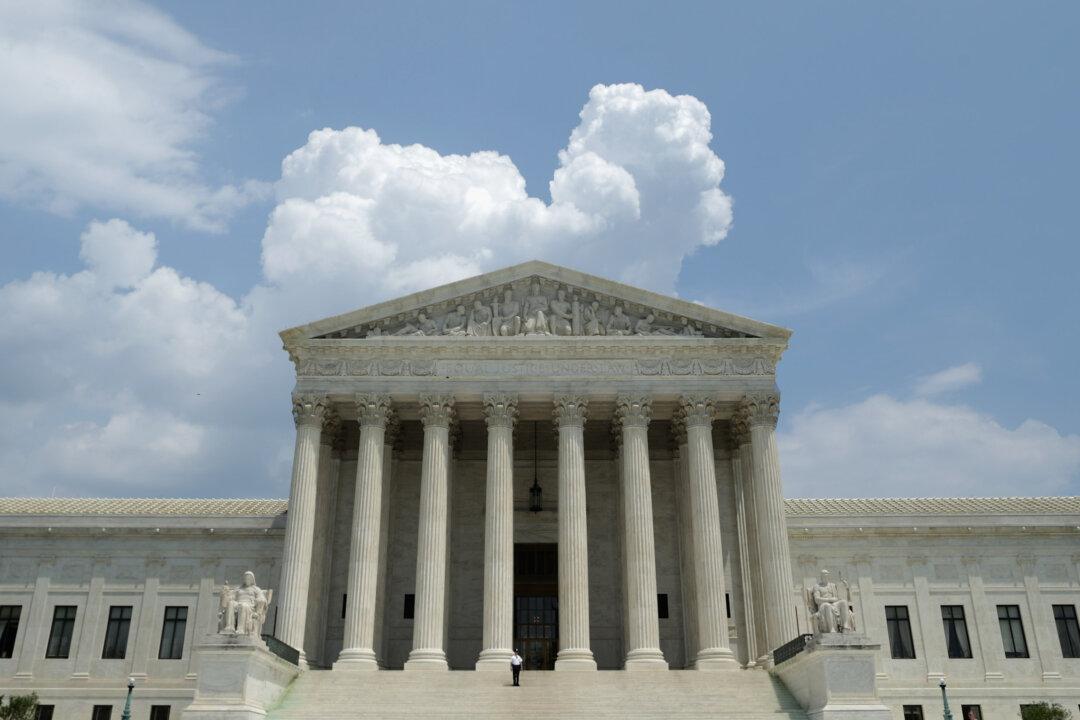A $40 million class-action verdict against a national credit reporting company for falsely reporting that plaintiffs’ names appeared on a government list of individuals prohibited from conducting business in the United States should be thrown out, the Supreme Court heard March 30.
The case is TransUnion LLC v. Ramirez, court file 20-297. Sixty minutes were allotted for the telephonic oral arguments, but they ran 90 minutes.





